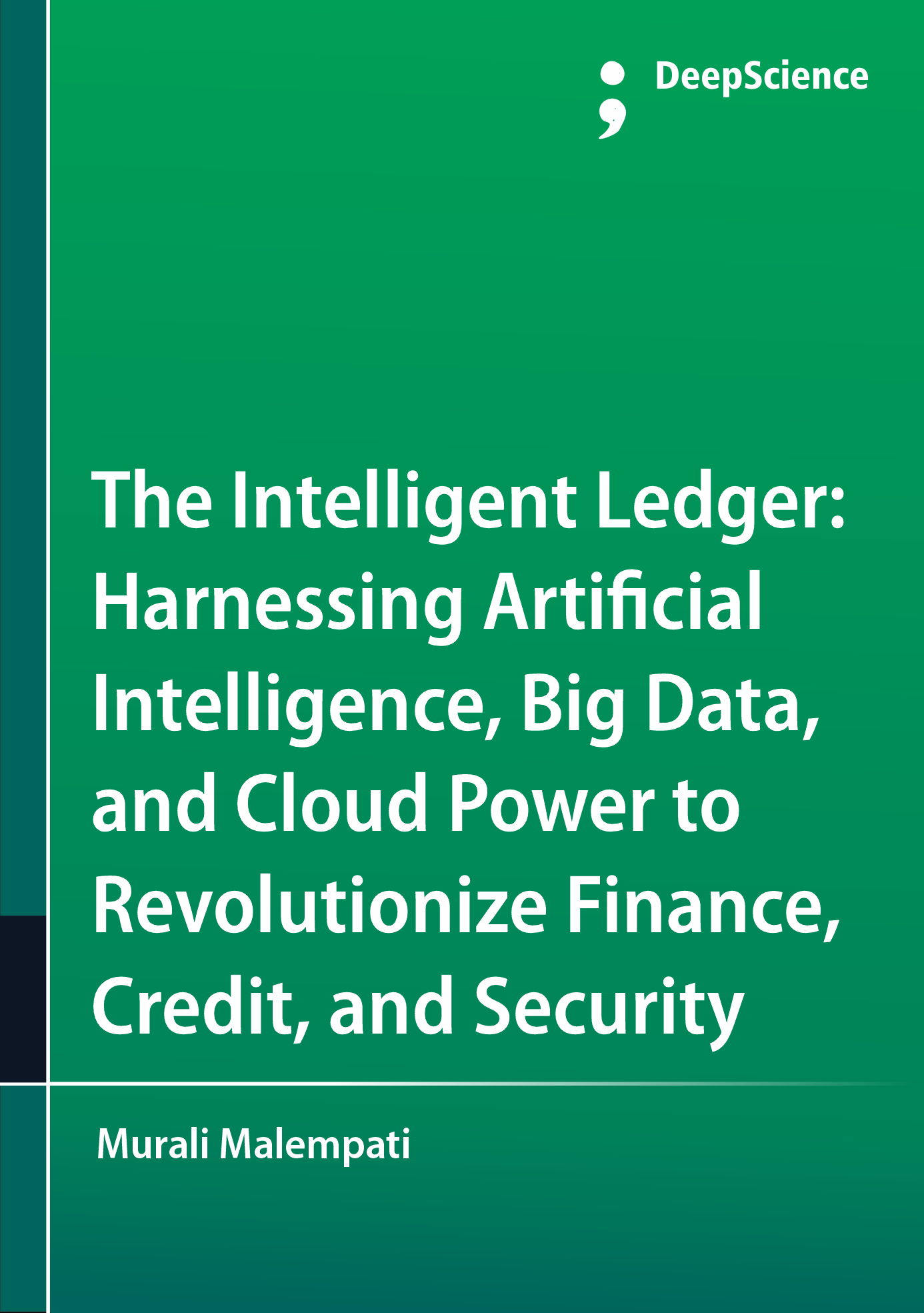Artificial intelligence-driven fraud detection systems and the future of security in financial networks
Synopsis
In the digitized era of rapid technological advancements and very high-speed interactions across digital platforms, financial fraud schemes have also evolved from traditional applications to online webs. Financial fraud poses a severe risk to investors and financial institutions and is among the most common fraud types. Fraud detection can be regarded as a classification task that requires samples of fraud and non-fraud as training data. In practice, however, fraud data is sparse and hard to identify, as fraud activities are increasingly hidden. Hence, non-fraud samples may contain unrecognized fraud samples, leading to natural errors among training samples. The time-sensitive nature of fraud detection lashed action post-boom of fraud activities, making the addition of the sampled transaction history of merchants rapidly posted on the network more critical than ever.
As the framework of fraud activities is getting more complex, fraud detection benefits from a broader investigation perspective beyond transactions is profoundly examined. Financial activities are concerned with a wider range of business, leading to massive but heterogeneous information, and are accompanied by lower-value density. In addition, fraud typically occurs in a sophisticated new mode consisting of various financial activities, making it more challenging and complicated to detect. Meanwhile, the involved information is scattered across different institutions or operators and can be difficult to integrate if not well managed. Therefore, the usage of knowledge graphs as a suitable and effective data structure is constructed to store and analyze massive data. Due to the few-shot nature of fraud activities, it highlights the construction of an involved knowledge graph containing essential business deputies to address knowledge missing for the minority or new type of fraud activities.
In the era of digital banking, ensuring the security and integrity of financial activities is paramount for banking institutions. Financial frauds, specifically frauds committed via online banking and credit card transactions, pose serious threats to an institution's customer base and reputation, along with their associated financial losses. Financial institutions incur losses into billions annually due to fraudulent activities conducted over the internet, posing the need for robust fraud detection mechanisms. As incidences of financial fraud continue to grow, leading financial institutions continue to undertake a wide berth of research and experimentation to combat financial fraud and identify their occurrence. Bank account fraud differs from other types of financial deception in its methods, impacts, and perceptual patterns.












